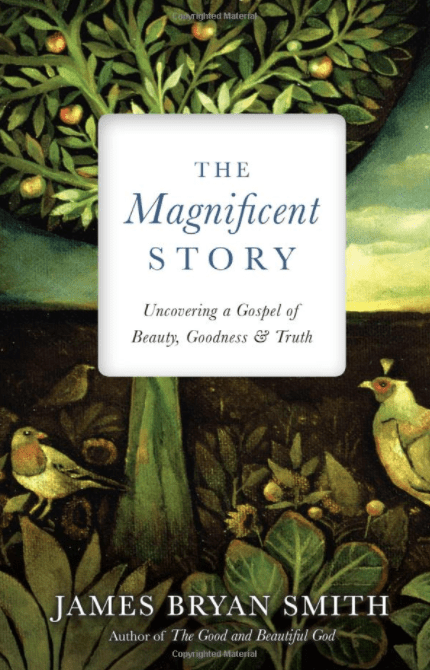 In their splendid book, Shaping the Prayers of the People, on intercessory prayers in corporate worship, Samuel Wells and Abigail Kocher make a case that we need to be very careful about how we use the word “we.” They illustrate with five groups, for whom the “we” in the congregation/church/service might not apply:
In their splendid book, Shaping the Prayers of the People, on intercessory prayers in corporate worship, Samuel Wells and Abigail Kocher make a case that we need to be very careful about how we use the word “we.” They illustrate with five groups, for whom the “we” in the congregation/church/service might not apply:
1. Our troops: what if foreigners are present?
2. Our country: same.
3. Our young people (or our older people): what of visitors? or those who have no children?
4. Our children’s children: same
5. Our environment, our world: is the world ours? or God’s?
Their point: this floating “we” nearly always “excludes” others, so be very careful to avoid unless it means all in the Body of Christ everywhere. How often does “we” entail that there is a “they”? In other words, does our “we” result in othering?
They suggest making the intercessions symphonic by picking up phrases, themes, words from what has preceded or what will follow in the service. They suggest the intercessory time can be shaped or influenced by the themes of the sermon to follow.
An intercessor who is well briefed (through being familiar with the contents of the sermon and the assigned music) and well prepared (having looked over the readings and been in touch with the local, national, and international news) can raise the level of a whole service (44-45).
Why ignore what is to come in the announcements? And lists or cycles of prayer in a church calendar can influence the intercession. And the offering, too, and maybe the offering can be seen as a kind of intercession.










